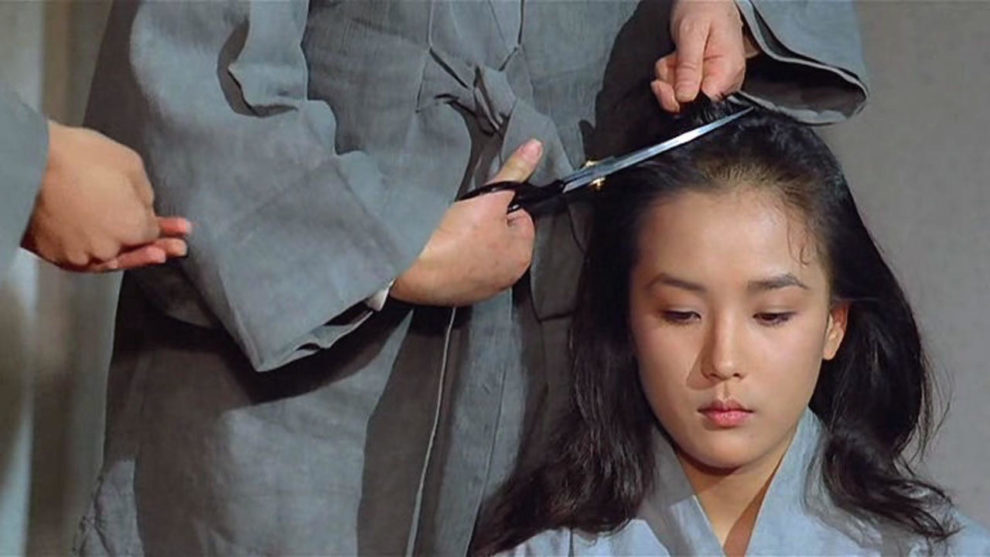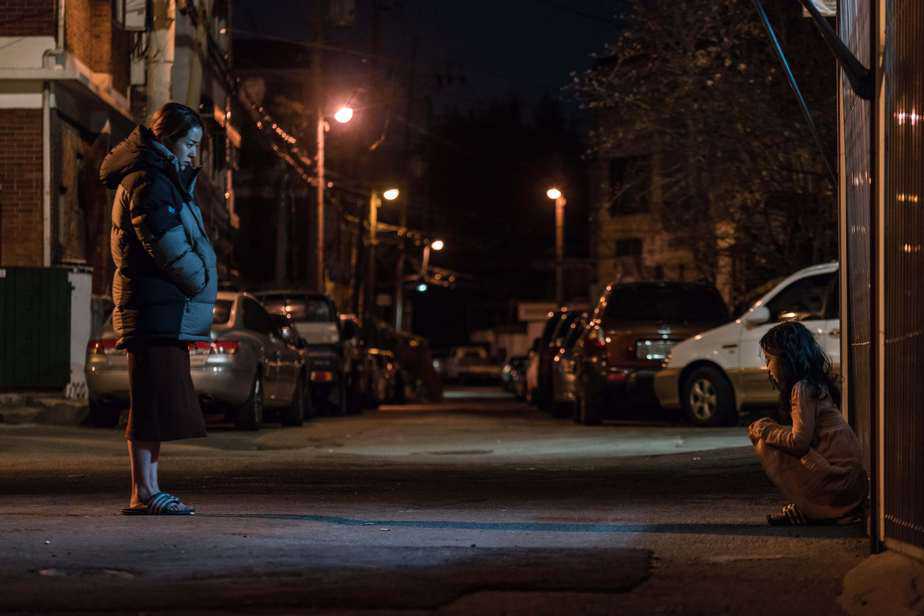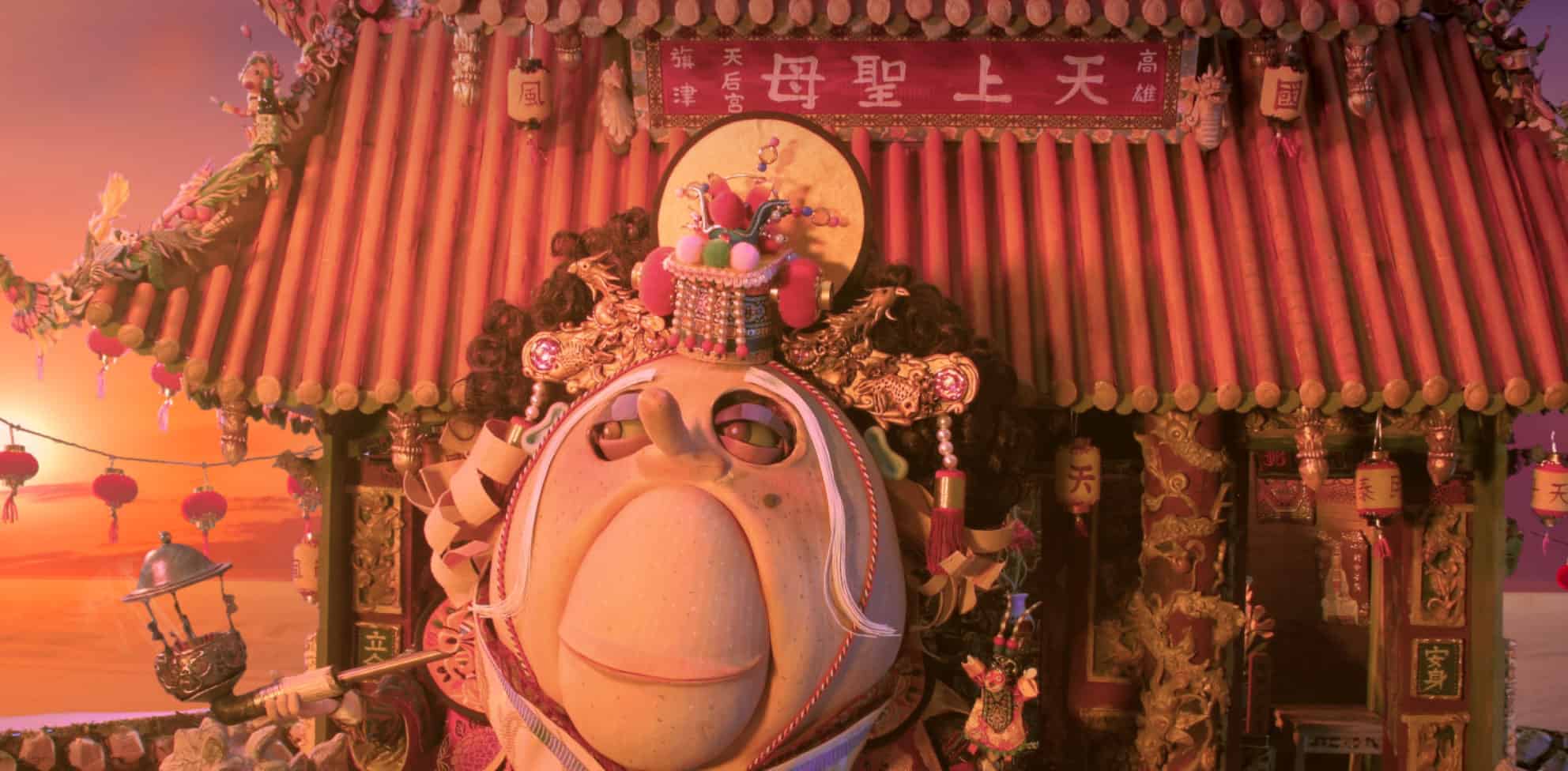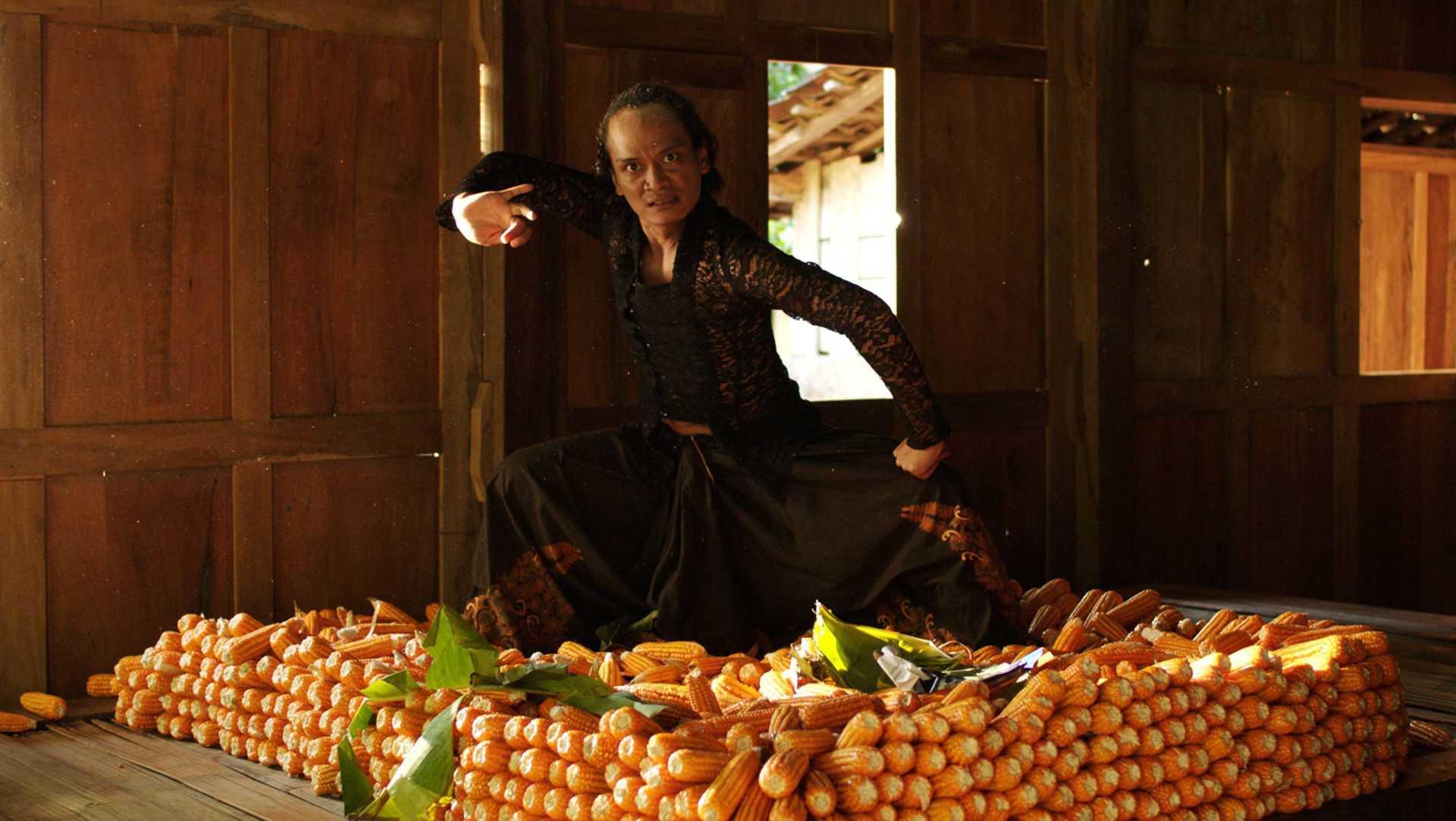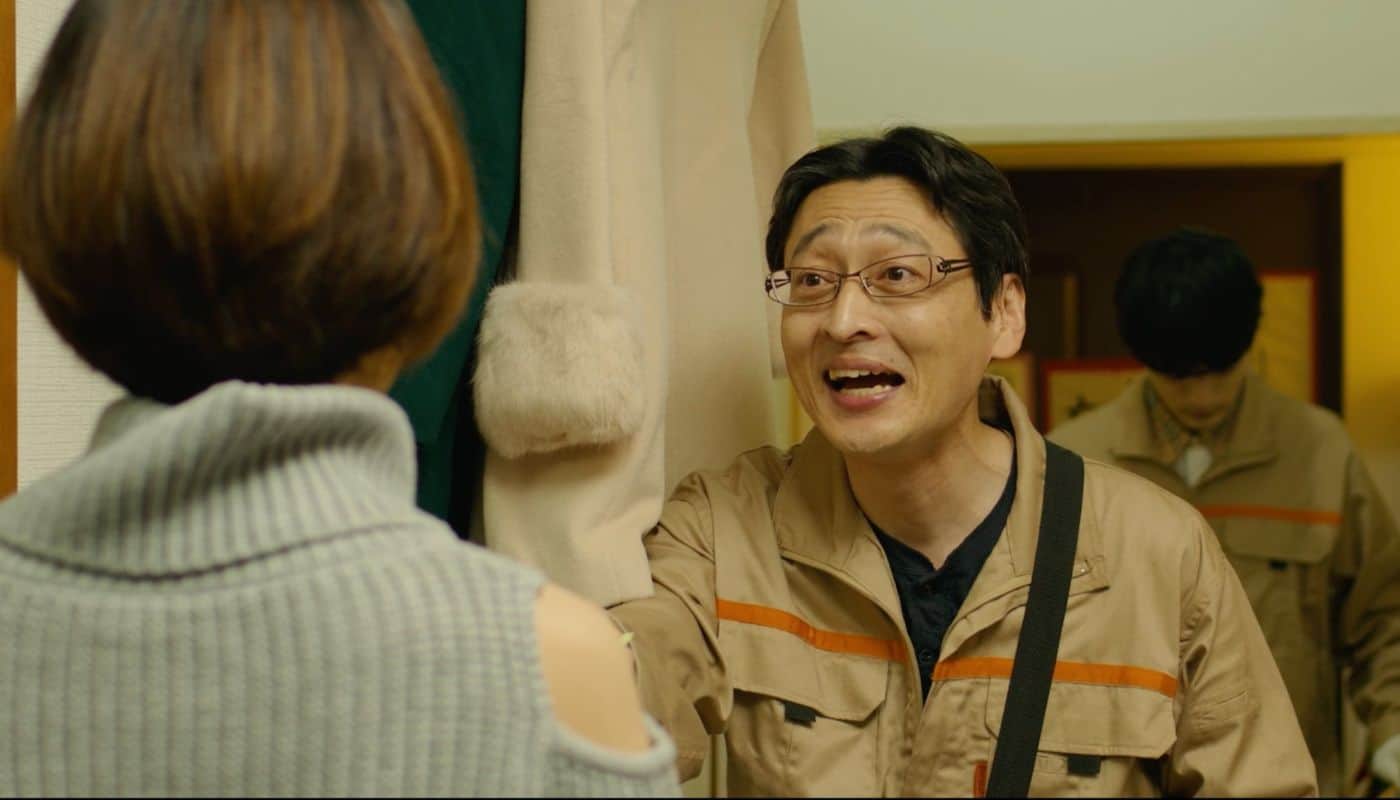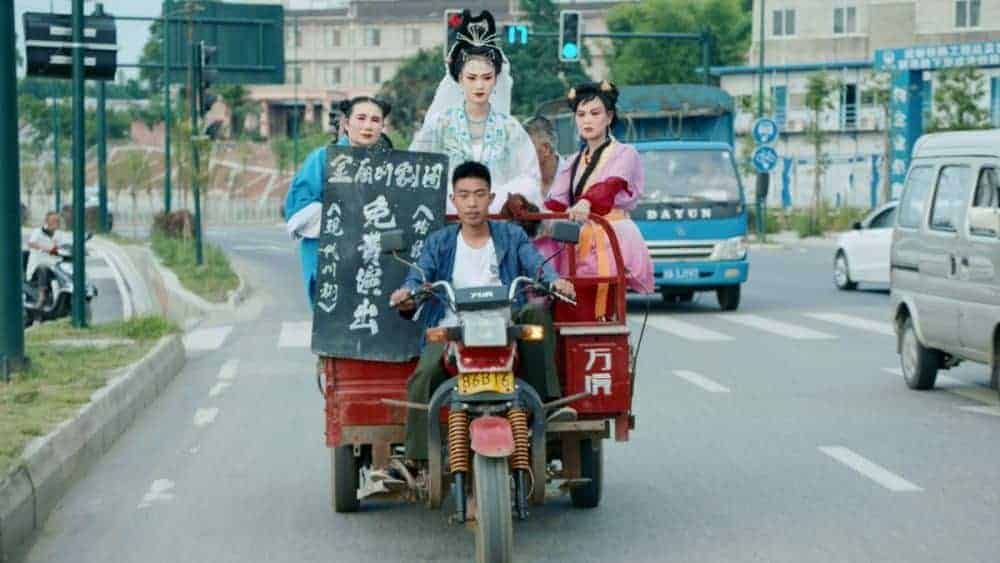Im Kwon-taek is one of these directors from South Korea who look back on an enormous filmography of more than hundred titles. His career started in the 1960s and still persists. Im is the author of several iconic works of the Korean cinema such as “Seopyeonje” from 1993, which tells the story of a blind singer with an arduous life. This is not the only melodrama of the director with a female protagonist. In his films, Im shows a particular interest in the traditional gender roles and has an unusual direct approach to topics such as sexuality and intimacy. “Come Come Come Upward“ from 1989, now screened at the London Korean Film Festival, is an epic and gloomy movie about exactly these themes, to which he adds a buddhist context.
Come Come Come Upward is screening at London Korean Film Festival

At the centre of the story are two young women who join for different reasons a buddhist convent. Each of them has been deceived by life, people have been harsh and unfair to them. They have been accused not only of not being a very valuable persons, but indeed of being unworthy as women. One of them gets expulsed from school because she spent the night at an inn with her teacher. Even though they didn't have intercourse, the girl is treated as a prostitute, as immoral. It's the female who gets most of the blame. The same thing goes for another young woman who reached a convent in the mountains and devoted herself, since then, to the monastic life. One day she saves a man who tries to commit suicide. Her shy wish to make sure he is fine, is misinterpreted by the nuns. And as the man insists in taking her as his wife, the nuns chase her, forcing her to comply with the man's desire.
The film follows the ups and downs of these women, forced by the society into the role of sinners, based on very conservative and prude conceptions of sexuality and the nature of relationships between men and women. The ideal woman is the submissive one. Her place is rather next to a man, her husband, where she serves to the formation of a family and becomes a valuable member of the society, or she has to abjure her own needs. Even though some things have changed since the 1980s in Korea as well as in other societies, we know that these topics remain very present.
What is particular of Im's approach, also compared to contemporary Korean cinema, is the relatively explicit depiction of scenes of intimacy and nudity. Of course we are used to wide more explicit images nowadays, but still there lies a striking violence in some of the scenes. One is when the young student is called to the director's office. The director forces the student to undress, because she wants to make sure that she is still a virgin. Both director and student are female, but this doesn't lower the impact of the scene, maybe it even intensifies it. The other is a rape scene, there is no doubt about its male perspective, considering the wish to find an aesthetical approach to it.
A major topic of “Come Come Come Upward“ is also religion. It shows once more how far apart practice and theory can be. Each religion has its power-politics side and rarely it is consistent with the celebrated humanitarian and altruistic virtues of the religion. Director Im therefore shows the monastery and the buddhist structure to which his heroines flee as another kind of prison than a real safe place.
The dominant colours are rather cold ones, blue, grey, black, and they fit very well with the buddhist clothes and the mountainous landscape the monastery is set into, even though the majority of the pictures is taken in the inside. The camera, led by cinematographer Ku Jung-mo, is often very close to the protagonists. It evokes a certain claustrophobic feeling which is in line with the theme of the film that the world of these women can be very restrictive. The music and score by Kim Jeong-kil is typical of a melodrama, underlining the gloomy atmosphere of the story.
The two main actresses are Kang Soo-yeon and Jin Yeong-mi. They are of a splendid beauty, even with a bald head. In their eyes they collect all the sorrow of their characters. They don't need to do too much to emit their inner struggles, it is palpable in their prudent gestures.
Im's drama is surely on one side representative for the time of its creation. It is in parts quite heavy and lacks on subtilty in its approach of its main topics. On the other side it is interesting, a little frustrating too, to see how relevant these thoughts still are relevant today.


